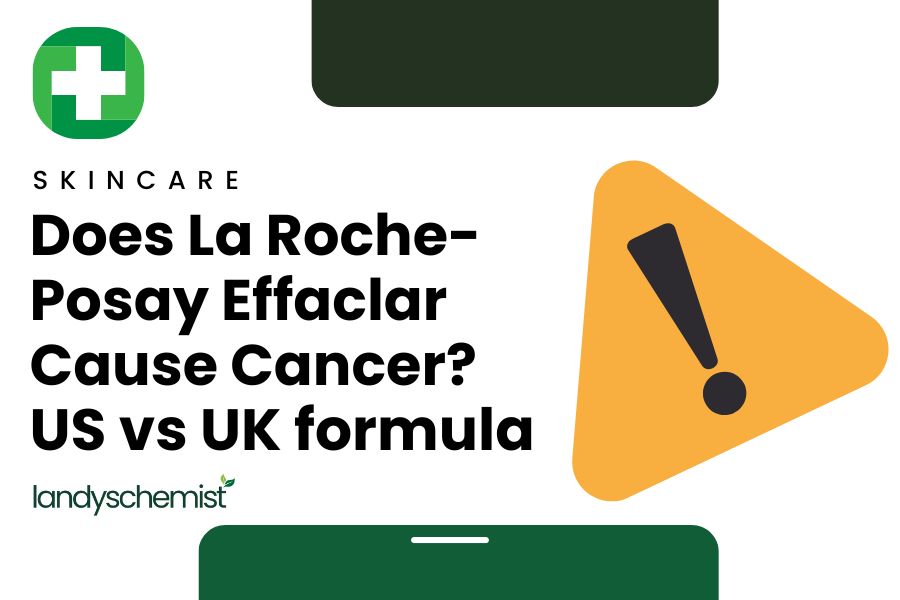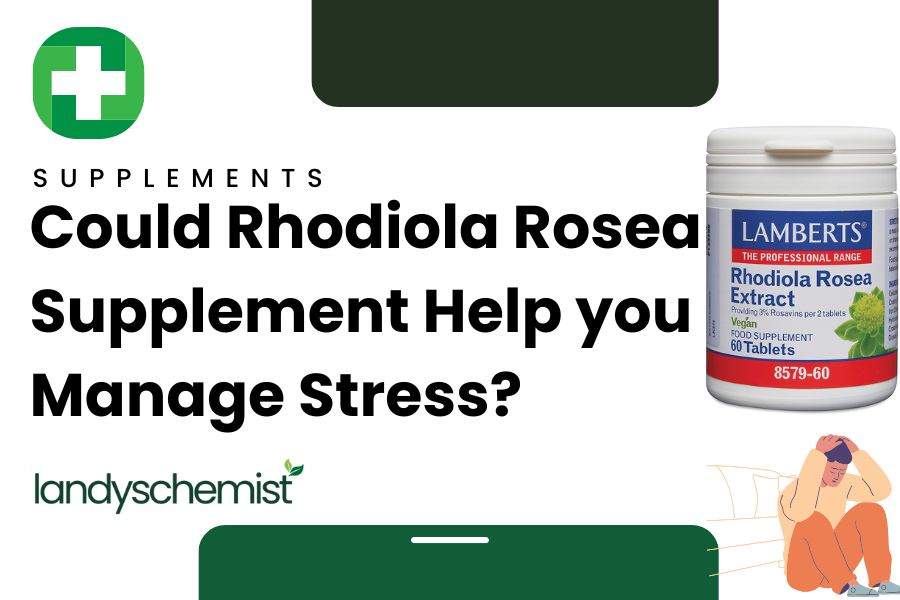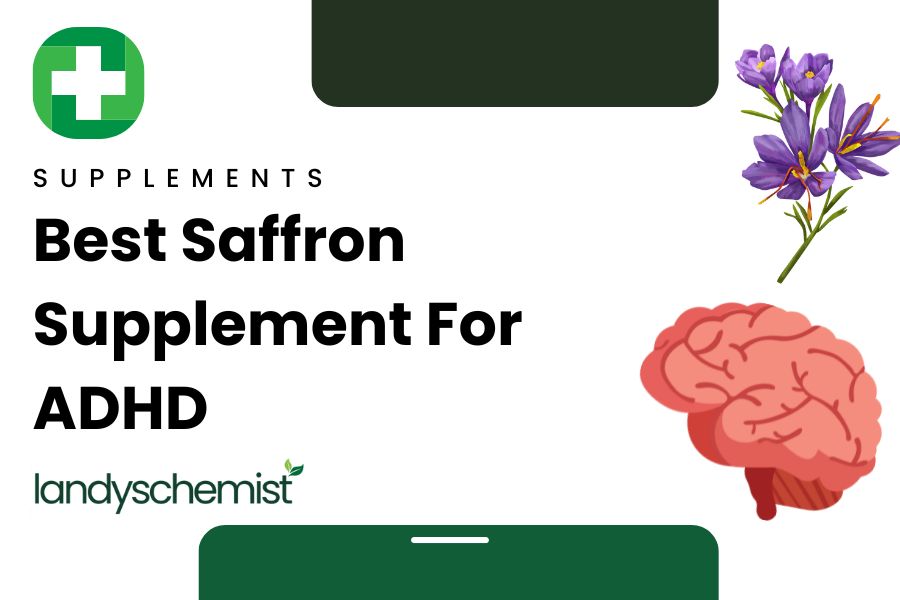
Vitamin D & COVID-19: Is There A Connection?
By Girish Desai, Pharmacist (GPhC ), Nutritionist and Homeopath
We know that vitamin D is important to our health. Following the COVID-19 pandemic spreading around the world, there has been an increase in discussions, both speculative and scientific, into a possible relationship between vitamin D and COVID-19.
There are two sides to this topic. Firstly, how vitamin D might help avoid contraction of COVID-19 and secondly, how vitamin D might be used to fight it and aid recovery. To help you understand the topic more fully, we've collected three videos from experts. By watching these videos, you’ll gain some understanding of what is known, so far, about vitamin D and its relationship to COVID-19 prevention and recovery.
The Role of Vitamin D in Immunity – Viridian Nutrition
Health supplement brand Viridian Nutrition created a video featuring Jenny Carson, one of their Senior Nutritionists. In this short video, she breaks down what vitamin D is, the varieties of vitamin D supplements and what the current vitamin D supplement recommendations in the UK are.
A Few Key Takeaways
- Vitamin D is needed in order for immune cells to function properly and have antiviral and antibacterial effects.
- Our primary source of vitamin D is the sun – which has been reduced due to staying indoors during the pandemic.
- If we can't get enough sunlight, due to either being inside or covered up when outside, then we can also get vitamin D from dairy, mushrooms, oily fish, or supplements.
- Vitamin D supplements are most often derived from animal products, namely sheep's lanolin (wool wax), and vegan vitamin D comes from lichen (an algae like fungus).
Should you take vitamin D for Coronavirus? Which? investigates – Which?
Martin Hewison, Professor of Endocrinology at the University of Birmingham and specialist in vitamin D research, speaks to Which? about vitamin D's role in preventing COVID-19 contraction.
A Few Key Takeaways
- We don't get enough vitamin D in winter in the UK during a normal year.
- Vitamin D works with your adaptive immune system to ensure damage from infection is mediated, as well as protecting against infection.
- There is not, currently, any clear evidence that vitamin D prevents or helps with COVID-19 – as it is too early to tell.
Vitamin D and COVID 19: The Evidence for Prevention and Treatment of Coronavirus (SARS CoV 2) – MedCram
MedCam aims to offer “medical lectures explained clearly”. In this hour-long video, MedCam co-founder Kyle Allred interviews Roger Seheult, MD. Associate Professor at the University of California, Riverside School of Medicine and Assistant Professor at Loma Linda University School of Medicine. They look in depth at all the currently available studies around COVID-19 and vitamin D, including when vitamin D is used preventively, when it is used as part of treatment and the instances of it forming part of recovery.
A Few Key Takeaways
- Looking at a compilation of studies into vitamin D supplementation and various kinds of infection (respiratory, influenza, colds), the majority reported an improvement in clinical trial patients taking vitamin D supplements.
- However, this was not the case for all the studies.
- Early studies into COVID-19 and vitamin D found that there was an increase in hospitalisations for those with low vitamin D levels who contracted COVID-19.
- They stipulated that vitamin D levels can drop when one has an infection, meaning reduced levels of vitamin D could be a case of association rather than causality.
- Older people who had higher levels of vitamin D were less likely to have more serious COVID-19 symptoms.
What Do We Know About Vitamin D & COVID-19?
What all these videos, and the studies they reference, make clear is that there is no concrete evidence that low vitamin D levels lead to more serious COVID-19 symptoms, or that vitamin D supplements can prevent or treat COVID-19. However, a strong, functioning immune system that can defend against and recover from viruses does have a clear connection with vitamin D levels. And as the pandemic progresses, and more studies are completed, a closer connection between vitamin D prevention and recovery may be uncovered.
Disclaimer
The products offered are not intended to diagnose, treat, cure, or prevent any illness or disease, or replace the advice of a medical professional. Results are not guaranteed and may vary from individual to individual.




